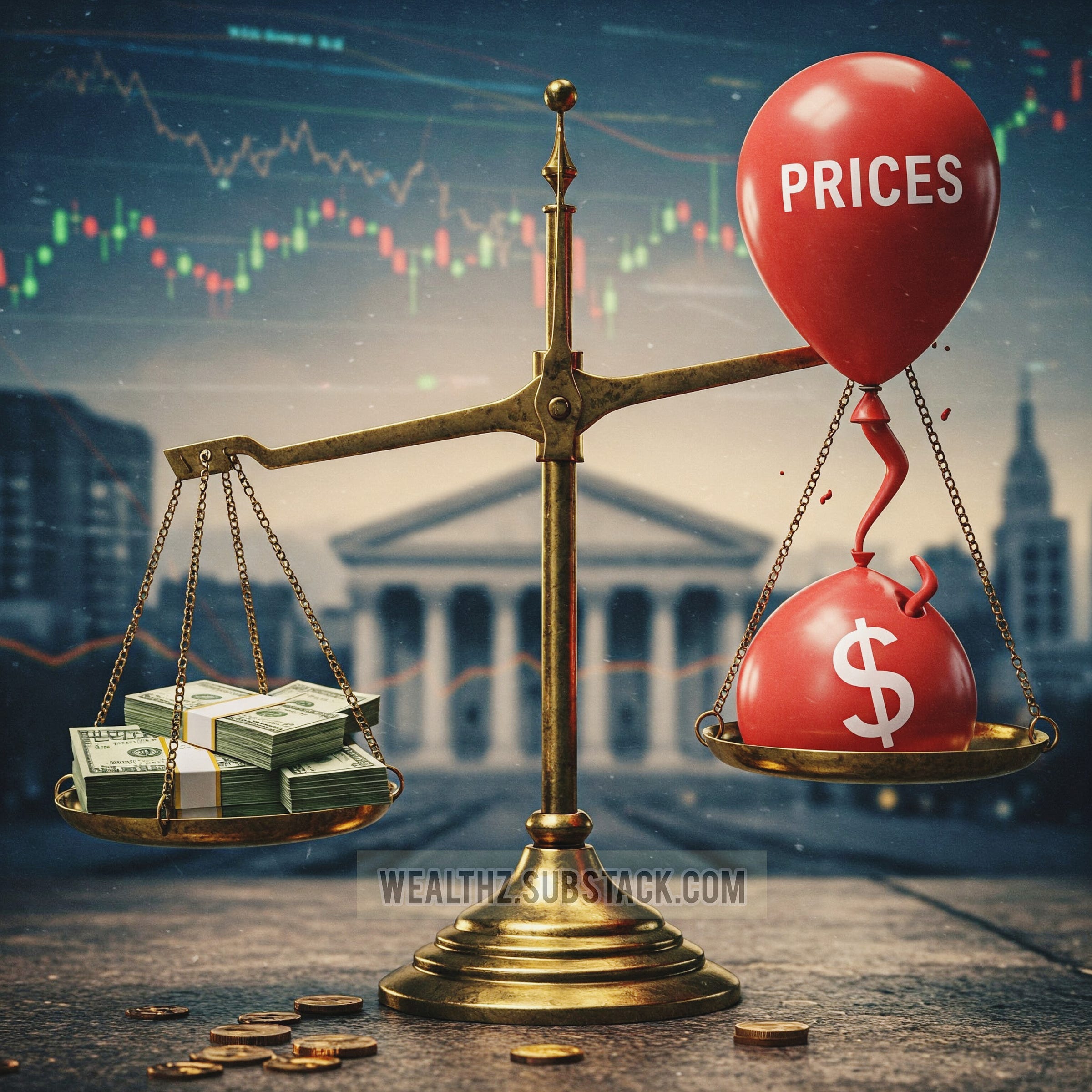Inflation and budget deficits are two of the most discussed topics in economics, often linked in political debates and financial analyses. While both can significantly impact an economy, their relationship is not always straightforward. A government’s budget deficit—the gap between its spending and revenue—can contribute to inflation under certain conditions, but other times, the effects are more muted. Understanding how these two forces interact is essential for investors, policymakers, and everyday citizens alike.
How Government Deficits Can Lead to Inflation
A government runs a deficit when it spends more than it collects in revenue, typically financing the shortfall by borrowing money (issuing bonds) or, in extreme cases, printing more currency. While deficit spending is often necessary—especially during economic downturns or crises—it can have inflationary effects when it injects too much money into the economy too quickly.
One way deficits contribute to inflation is through demand-pull inflation. When government spending increases, whether on infrastructure projects, social programs, or military expenditures, it can raise overall demand in the economy. If businesses cannot keep up with this increased demand by producing more goods and services, prices start to rise. Essentially, more money chases the same amount of goods, leading to inflation.
Another potential inflationary mechanism is monetary expansion. If a central bank buys government debt (through policies like quantitative easing), it increases the money supply, which can weaken the value of the currency and drive prices higher. In extreme cases, when governments directly print money to finance their deficits—known as debt monetization—inflation can spiral out of control, as seen in historical cases like Zimbabwe and Venezuela.
Why Deficits Don’t Always Cause Inflation
Despite the concerns about inflation, running a deficit does not automatically lead to rising prices. Several factors can counteract inflationary pressures.
First, if the economy is operating below its full potential—meaning there is high unemployment or underutilized resources—then government spending can stimulate growth without immediately pushing up prices. In this case, deficits can help boost productivity, increase employment, and stabilize the economy before inflation becomes an issue.
Second, the way a deficit is financed matters. If government borrowing is absorbed by private savings or foreign investment, it does not necessarily flood the economy with excess money. Countries with strong investor confidence often find buyers for their bonds without causing inflationary concerns.
Finally, central banks play a crucial role in balancing inflationary risks. If inflation starts to rise due to high government spending, the central bank can raise interest rates to cool down economic activity and control price increases. This dynamic is why monetary policy and fiscal policy must work together to maintain economic stability.
Inflation’s Impact on Deficits
While deficits can contribute to inflation, inflation can also influence deficits. When inflation rises, tax revenues often increase because wages and prices go up, meaning individuals and businesses pay more in nominal terms. This can help reduce the deficit without additional government action.
However, inflation can also increase government debt burdens. If a country has borrowed heavily, rising inflation can lead to higher interest rates, making it more expensive for the government to service its debt. Additionally, if inflation devalues the currency, foreign debt repayments become more costly.
On the flip side, inflation can sometimes make it easier for governments to repay debt. If a country’s debt is denominated in its own currency, inflation reduces the real value of that debt, making repayment less burdensome. This strategy, sometimes called inflating away the debt, has been used historically, though it is not a sustainable long-term solution.
For individuals and investors, understanding this relationship can provide valuable insights into economic cycles, government policies, and financial markets. Keeping an eye on how deficits are financed and how central banks respond to inflationary pressures can offer clues about future economic trends and investment opportunities.
Join us: ➡️ Instagram | Telegram | X ⬅️



